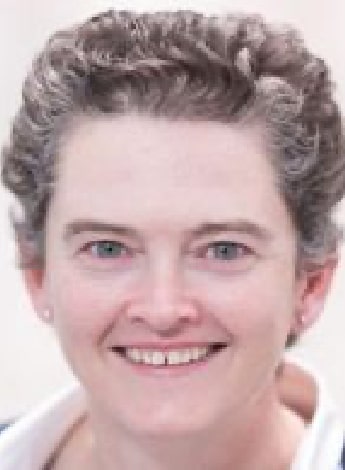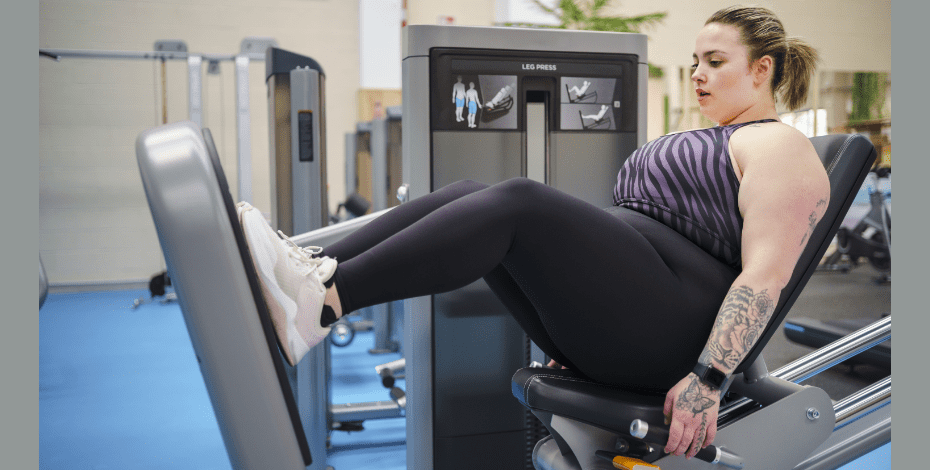
Tasmania welcomes new physio degree program

The healthcare system and the physiotherapy community will benefit from the establishment of a new Master of Physiotherapy at the University of Tasmania.
Tasmania’s first physiotherapy degree is set to launch at the University of Tasmania.
The new Master of Physiotherapy is part of the university’s Allied Health Expansion Program and will be based within the College of Health and Medicine’s School of Health Sciences at the Launceston campus.
Applications are expected to open later this year for the first cohort of 30 students to commence in the second semester of 2022.
Professor Nuala Byrne, head of the School of Health Sciences, says the Allied Health Expansion Program has been carefully designed to provide training in physiotherapy, occupational therapy and speech pathology that meets the needs of Tasmania’s healthcare services.
‘Tasmania faces such significant health challenges—we’ve got the oldest population, we’ve got higher chronic disease rates than most other parts of the country, we have lots of degenerative musculoskeletal conditions and multi-morbidity—these are some of the factors impacting the state’s healthcare system,’ Nuala says.
‘Our passion for expanding the delivery of allied health training in disciplines such as physiotherapy is to ensure that we have courses that respond to the needs not only of Tasmania, but beyond.
Our courses are place-based and very much have a Tasmanian focus.
We want to make sure this physiotherapy course creates change for the state, that we assist the state to meet its healthcare needs and that graduates will have the skill sets needed to support health improvements here in Tasmania.’
To this end, the university has collaborated with the Tasmanian Departments of Health and Education and the Tasmanian Health Service as well as private and NGO partners to design the Allied Health Expansion Program, she says.
‘Our course advisory committee and our broader co-design practitioner partners have been so incredibly generous with their time and their commitment to this program of work,’ Nuala says.
APA Tasmanian Branch President Simon Watt says a local physiotherapy degree program will be welcomed by the Tasmanian physiotherapy community.

Professor Nuala Byrne says the state's first physiotherapy degree has been designed to meet Tasmania's healthcare needs.
‘It is something that has been discussed for many years; there have been several attempts to get one up and running,’ Simon says.
The lack of a physiotherapy degree program to date has meant that students interested in pursuing physiotherapy as a career have had to complete their training interstate.
Having built their networks in other states, many students never return, leaving Tasmania with fewer physiotherapists per capita than in other states.
On the other hand, giving the students the choice to train either in Tasmania close to family and friends or interstate leaves room for graduates to bring back new ideas and techniques.
While the program will be based at the university’s Launceston campus, students will also be able to take advantage of the university’s participation in the Rural Health Multidisciplinary Training program, which supports students in doing their clinical training with rural health services right across the state.
The physiotherapy and other allied health programs will also provide a welcome boost to physiotherapy research in Tasmania, Nuala says, which is an important part of the program.
‘It’s not just about putting students through the course from a university point of view; it’s really about making sure that we’re in partnership with our practitioner colleagues.
We want to make sure that it’s a very practically based and contemporary course that reflects the needs of the workforce—importantly, part of our teaching program will be delivered in partnership with the Tasmanian physiotherapy workforce.’
Simon agrees, saying that the benefits to the physiotherapy community in Tasmania include providing opportunities for both teaching and research.
‘This physio program will help to formalise and establish strong connections between the physiotherapy community and the University of Tasmania.
I’d say that will have benefits for the Tasmanian physiotherapy community right across from the early stage to the more experienced stages of your career.’
Click here for more information on the new Allied Health Expansion Program at the University of Tasmania.
© Copyright 2024 by Australian Physiotherapy Association. All rights reserved.






